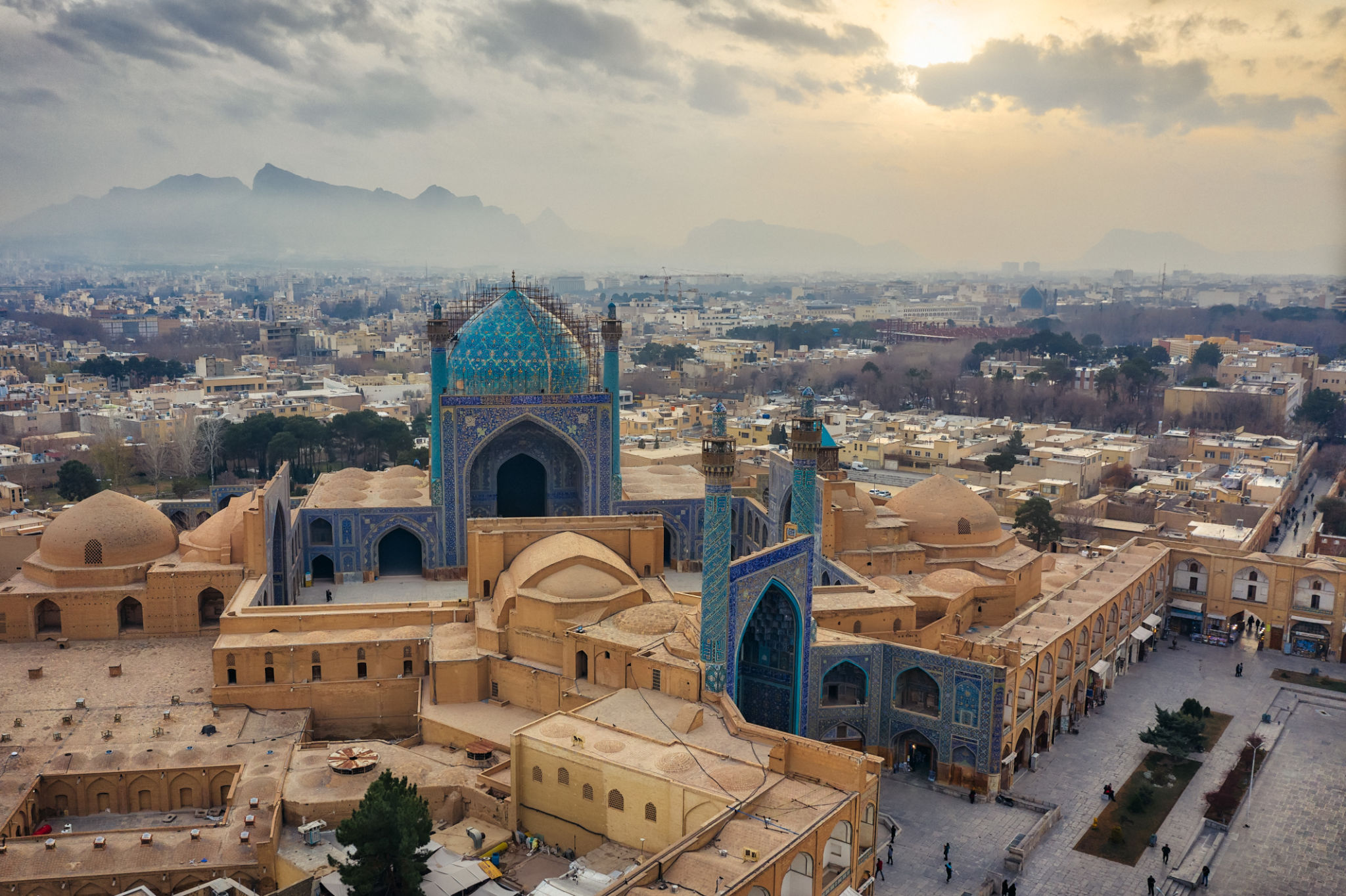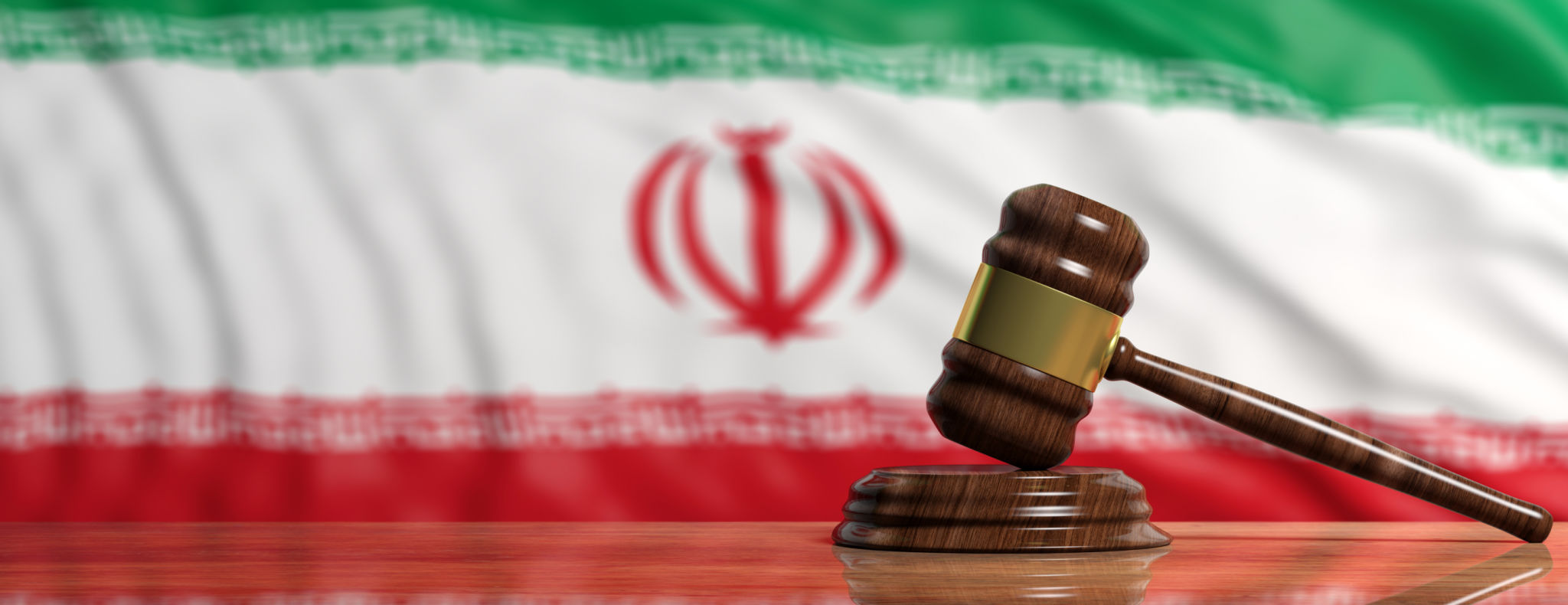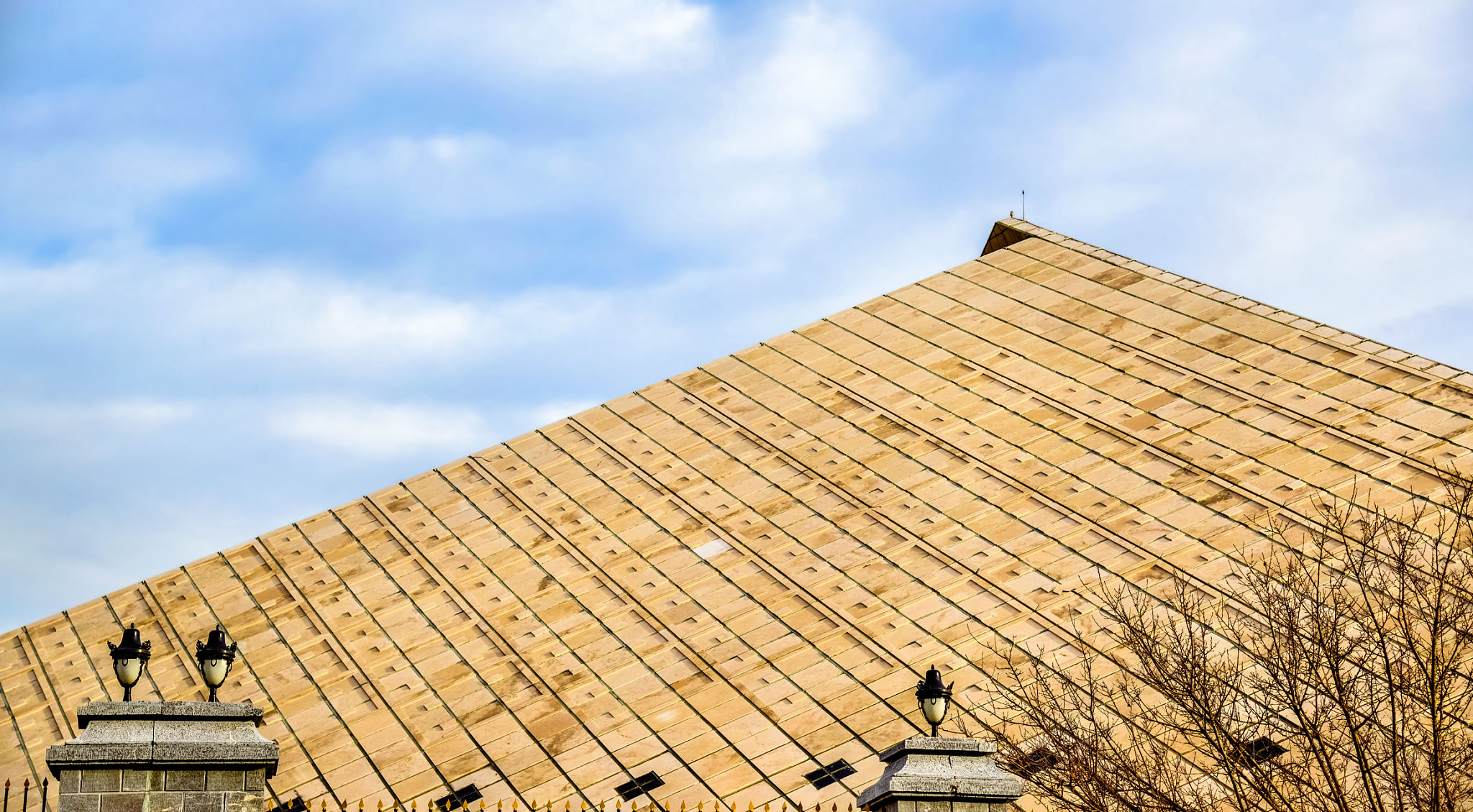Understanding the Iranian Legal System: A Comprehensive Guide
Understanding the Iranian legal system can be a complex undertaking due to its unique blend of Islamic principles and modern legal frameworks. This comprehensive guide aims to provide an overview of the key components of Iran's legal system, offering insights into its structure, laws, and judicial processes.
Historical Background
The Iranian legal system has evolved over centuries, reflecting the country's rich history and cultural heritage. Historically, Iran's legal system was heavily influenced by Islamic law, known as Sharia, following the Islamic Revolution in 1979. This revolution marked a significant shift towards a theocratic governance model, integrating religious principles into the legal framework.
Despite this strong Islamic foundation, Iran's legal system also incorporates aspects of civil law, influenced by European legal traditions. This dual nature makes the Iranian legal system both unique and intricate.

Structure of the Legal System
The Iranian legal system is hierarchical and consists of several key institutions. At the top is the Supreme Leader, who holds significant influence over all branches of government, including the judiciary. The judiciary itself is divided into various courts, each serving specific functions.
The Judiciary
The judiciary in Iran is comprised of several types of courts, including:
- Public Courts: Handle civil and criminal cases.
- Revolutionary Courts: Deal with cases involving national security and political offenses.
- Special Clerical Courts: Address offenses committed by members of the clergy.
- Military Courts: Manage offenses related to military personnel.

Islamic Law and Legislation
Islamic law plays a central role in shaping Iran's legal system. Sharia law is derived from the Quran and Hadith, which are sayings and actions of the Prophet Muhammad. In Iran, Sharia principles are integrated into legislation through the Guardian Council, an influential body that ensures laws comply with Islamic standards.
The Guardian Council has the authority to veto legislation that contradicts Sharia or the Iranian Constitution. This gives it substantial power in shaping the country's legal landscape.
The Role of the Majlis
The Majlis, or Parliament, is responsible for drafting and passing legislation. While it functions similarly to legislative bodies in other countries, its decisions are subject to review by the Guardian Council. This ensures that all laws align with Islamic principles.

Civil Rights and Legal Protections
Civil rights in Iran are outlined in various laws and the Constitution, which guarantees certain fundamental rights to its citizens. However, these rights are often interpreted within the framework of Islamic law, leading to potential restrictions on freedom of expression, assembly, and the press.
Legal protections are available, but navigating them can be challenging due to the complex interplay between religious and civil laws. Understanding these nuances is essential for anyone seeking to engage with the Iranian legal system effectively.
Conclusion
The Iranian legal system is a multifaceted entity that combines elements of Islamic law with modern legislative practices. Its unique structure and processes reflect the country's historical evolution and cultural influences. For those looking to understand or engage with this system, it is crucial to appreciate its complexities and the pivotal role of religion in shaping its legal landscape.
